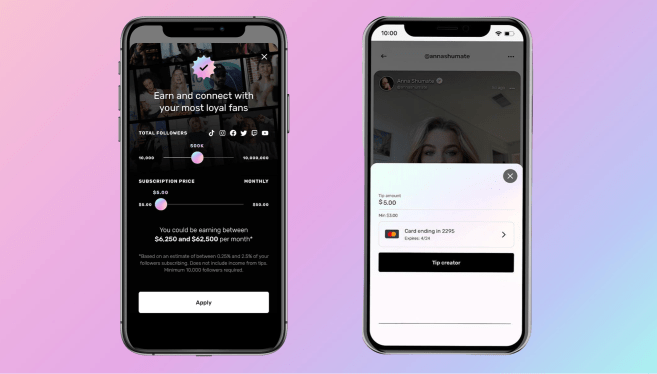Thursday’s Update
Microsoft has successfully identified and disabled a previously unreported hacking group believed to be operating under Iranian intelligence ties. The group, tracked by Microsoft’s Threat Intelligence Center (MSTIC) as "Polonium," targeted critical infrastructure in Israel and Lebanon over the past three months.
Targeted Organizations
The group has compromised more than 20 organizations based in Israel and one intergovernmental organization with operations in Lebanon. Its activities appear to be concentrated on sectors such as manufacturing, IT, and Israel’s defense industry. One notable case involved a cloud services provider used to attack downstream supply chain targets, including an aviation company and a law firm.
Previous Collaborations
Microsoft notes that Polonium has also targeted multiple victims compromised by the MuddyWater APT group (Mercury), which U.S. Cyber Command linked earlier this year to Iranian intelligence. This suggests a potential collaboration between the two groups.
Technical Details
The researchers found that Polonium used legitimate Microsoft OneDrive accounts as command and control tools for their attacks, but there was no evidence of security vulnerabilities exploited within OneDrive itself.
Actions Taken by Microsoft
Microsoft has suspended over 20 malicious OneDrive applications created by the Polonium threat actors. The company has also notified affected organizations and released a series of security intelligence updates to quarantine tools developed by these operators.
Initial Access Mechanism
The article does not provide specific details on how Polonium initially gained access, but it is clear that they have been significantly disabled in terms of their ability to continue operations within Microsoft’s ecosystem.
Collaboration with MuddyWater APT Group
Microsoft’s findings indicate a potential partnership between the Polonium group and the MuddyWater (Mercury) APT group. This collaboration could imply shared methods or objectives, complicating efforts to address the threat comprehensively.
Background on Past Incidents
The article references past incidents involving compromised organizations, though specific details are omitted for brevity. These cases highlight recurring vulnerabilities in critical infrastructure sectors that may be exploited by state-sponsored groups.
Security Concerns and Collaboration
The collaboration with MuddyWater APT group underscores the growing threat landscape, where state-backed actors increasingly target private sector entities to disrupt operations and supply chains.
Conclusion on Microsoft’s Efforts
Microsoft’s proactive measures, including OneDrive account shutdowns and security updates, demonstrate a proactive approach in mitigating risks posed by these advanced persistent threats (APTs).
Final Notes
While the article provides valuable insights into the operational tactics of APT groups linked to state actors, it is unclear how much of this intelligence remains classified. Further details on initial access mechanisms could enhance understanding of potential future campaigns.
This comprehensive analysis underscores the evolving nature of cyber threats and the critical need for continuous threat detection and response strategies in both private and public sectors.



